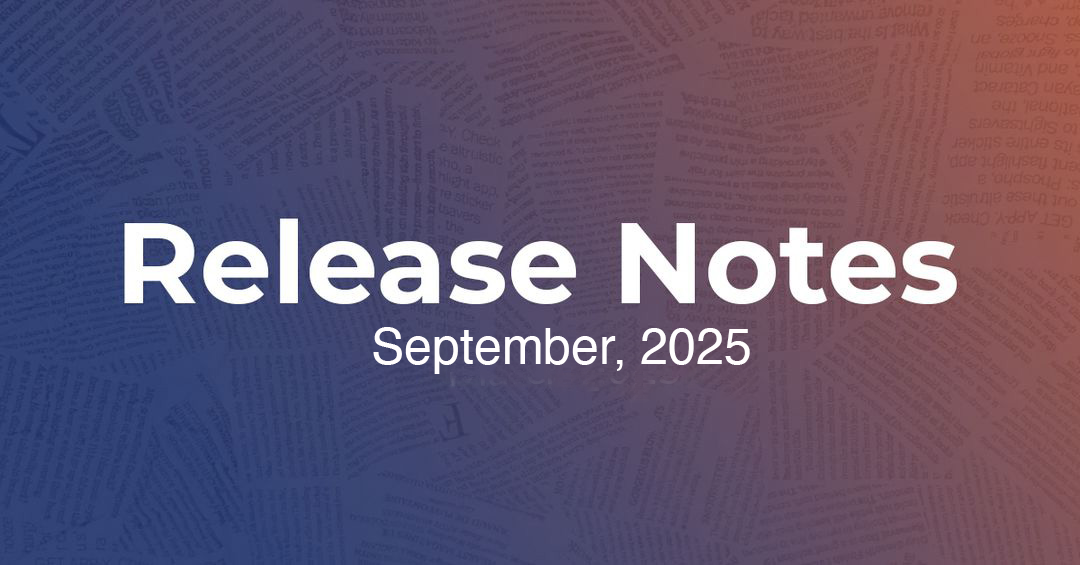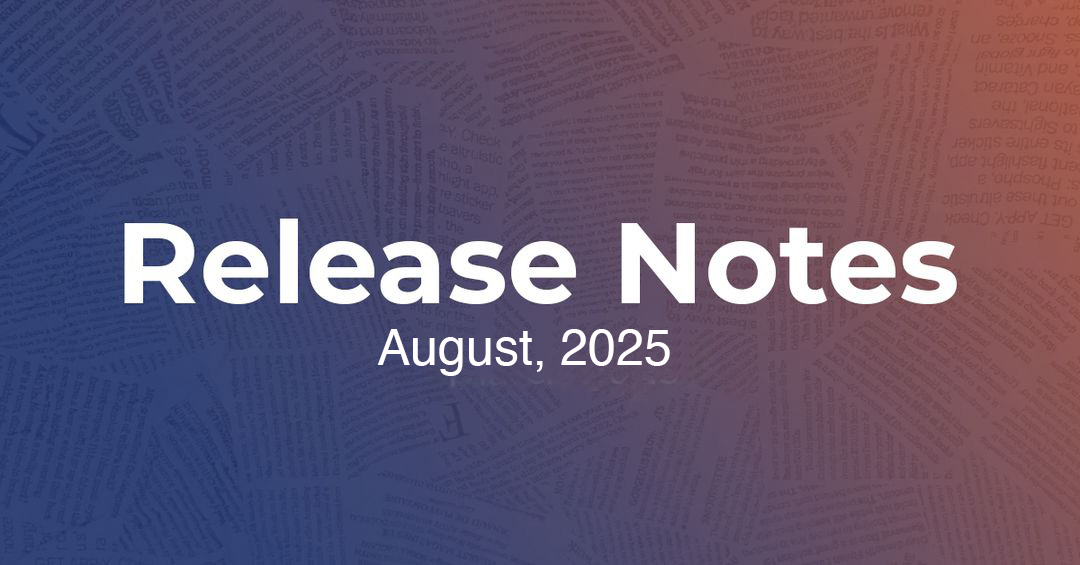As the field of medicine continues to advance rapidly, so does the need for innovative approaches to medical education. While effective in the past, traditional teaching methods may no longer meet the dynamic demands of today's healthcare landscape. Enter personalized learning—a transformative educational approach that tailors the learning experience to individual learners' unique needs and preferences. Imagine a medical education system that empowers students to take charge of their learning journey, with access to cutting-edge technologies and resources that adapt to their specific learning styles. This is the vision of personalized learning in medical education, and its potential to revolutionize how knowledge is acquired and retained is immense. This comprehensive article will delve into the world of personalized learning in medical education, exploring its core principles, practical implementation strategies, and real-life success stories. Furthermore, we will highlight Medtrics, a leading technology platform enabling personalized learning experiences through its innovative tools and resources.
The Power of Tailored Education
Personalized learning in medical education promises to transform how medical students and professionals engage with educational content. Instead of a one-size-fits-all approach, personalized learning recognizes that each learner has unique strengths, weaknesses, and preferred learning styles.
At the heart of personalized learning lies the goal of creating self-directed, lifelong learners—individuals equipped with the skills and knowledge necessary to thrive in the fast-paced and ever-changing healthcare industry. This approach fosters deeper engagement, higher retention rates, and ultimately, better-prepared healthcare professionals by catering to individual needs.
Strategies for Implementing Personalized Learning in Medical Education
Implementing personalized learning in medical education requires thoughtful planning and a blend of innovative methodologies. Here are practical strategies to make personalized learning a reality:
Assessing Individual Learning Needs and Preferences
Before embarking on the personalized learning journey, it is crucial to assess each learner's individual learning needs and preferences. Understanding their strengths, weaknesses, and preferred learning styles enables educators to tailor the learning experience effectively. By acknowledging the unique requirements of learners, personalized learning can address their specific challenges and foster engagement.
Several tools and methods can assist in identifying individual learning styles and preferences. Learning style assessments, such as VARK (Visual, Auditory, Read/Write, Kinesthetic), provide valuable insights into how learners prefer receiving and processing information. Additionally, surveys, interviews, and self-reflection exercises can further enhance the understanding of learners' needs and preferences, facilitating the customization of educational experiences.
Customizing Learning Pathways
Personalized learning entails creating individualized learning plans that align with each learner's goals and competencies. By setting specific learning objectives and designing tailored pathways, educators can empower learners to progress at their own pace and focus on areas where improvement is needed. Individualized learning plans also foster a sense of ownership and motivation as learners actively participate in shaping their educational journey.
Integrating adaptive learning technologies and platforms can significantly enhance personalized learning experiences. These advanced tools utilize algorithms and machine learning to dynamically adapt content and delivery based on individual learner performance and needs. Adaptive learning technologies enable real-time feedback, adaptive assessments, and targeted interventions, optimizing knowledge retention and deepening understanding.
Leveraging Technology for Personalized Learning
Technology offers many tools and resources that support personalized learning in medical education. Learning management systems (LMS) provide a centralized content delivery, collaboration, and progress-tracking platform. Digital textbooks, multimedia resources, and interactive simulations enhance engagement and cater to diverse learning styles. Virtual reality (VR) and augmented reality (AR) technologies provide immersive learning experiences, enabling learners to practice clinical skills in a realistic environment.
Innovative technologies continue to revolutionize medical education. For instance, Medtrics, a leading medical education software platform, empowers institutions and educators to implement personalized learning strategies effectively. With its advanced learning management systems, adaptive learning technologies, and comprehensive analytics, Medtrics enables tailored, data-driven learning experiences.
Active Learning Strategies for Enhanced Engagement
In personalized learning, active learning strategies take center stage. Instead of passive listening or rote memorization, learners actively participate in the learning process. Active learning approaches, such as problem-based learning (PBL), case-based learning (CBL), and team-based learning (TBL), promote critical thinking, collaboration, and clinical reasoning.
PBL and CBL involve presenting learners with real-life clinical scenarios, encouraging them to analyze, synthesize information, and arrive at diagnostic and treatment decisions. TBL fosters teamwork and communication skills by engaging learners in group activities and discussions.
These active learning strategies enable learners to apply theoretical knowledge to practical scenarios, bridging the classroom and clinical practice gap.
Spaced Repetition and Interleaving Techniques
Spaced repetition and interleaving are powerful cognitive techniques that enhance long-term memory retention. Instead of mass practice on a single subject for an extended period, learners alternate between related topics. This approach improves the ability to discriminate between concepts, identify similarities and differences, and apply knowledge flexibly.
Educators can utilize technology-enabled tools to incorporate spaced repetition and interleaving in medical education. Spaced repetition software or mobile applications leverage algorithms to schedule review sessions based on learners' progress and forgetting curves. Curriculum and study materials can be designed to include mixed-topic quizzes or case studies, promoting interleaved practice.
Formative Assessment and Feedback Loops
Continuous assessment and timely feedback are essential components of personalized learning in medical education. Formative assessment allows educators to identify individual strengths, weaknesses, and areas for improvement. It also enables learners to monitor their own progress and adjust their learning strategies accordingly.
Feedback loops, consisting of constructive feedback from instructors, peers, or self-assessments, provide valuable insights into learners' performance, understanding, and areas that require further attention. Timely and targeted feedback encourages self-reflection, supports metacognitive skills development, and helps learners align their goals with learning outcomes.
Online assessment tools providing immediate feedback can be employed to facilitate practical formative assessment and feedback loops. Incorporating peer review or self-assessment activities also encourages learners to evaluate their own work or provide feedback to peers. Regular communication channels, such as virtual office hours or discussion boards, further promote personalized guidance.
Real-life Case Studies: Impact of Personalized Learning in Medical Education
Let's delve into three real-life case studies that demonstrate the positive impact of personalized learning in medical education:
Case Study 1: Wang et al. (2020) - Enhancing Knowledge Retention and Critical Thinking Skills
A systematic review by Wang et al. (2020) explored personalized learning's efficacy in medical education. The study revealed that personalized learning, facilitated by learning management systems (LMSs), adaptive learning technologies, and virtual patient simulations, positively influenced student knowledge retention, critical thinking skills, and clinical performance.
For instance, at the University of California, San Francisco (UCSF), students participating in a personalized learning program demonstrated superior knowledge retention compared to their non-participating peers. Similarly, the University of Toronto found that students utilizing adaptive learning technologies exhibited marked improvements in critical thinking skills. Furthermore, the University of Washington reported enhanced clinical performance among students engaged in virtual patient simulation programs.
Overall, this study underscores personalized learning's potential to boost student outcomes in medical education.
Case Study 2: Kim et al. (2019) - Aiding Knowledge Retention and Critical Thinking
Another systematic review conducted by Kim et al. (2019) further validates the effectiveness of personalized learning in medical education. By leveraging learning management systems, adaptive learning technologies, and virtual patient simulations, personalized learning positively impacted knowledge retention, critical thinking skills, and clinical performance.
The personalized learning program at the University of Pennsylvania outperformed traditional teaching methods, leading to improved material recall among participating students. Similarly, Harvard Medical School reported substantial advancements in critical thinking skills for students utilizing adaptive learning technologies.
These findings underscore the superiority of personalized learning in facilitating knowledge retention and critical thinking in medical education.
Case Study 3: Smith et al. (2018) - Success of a Comprehensive Personalized Learning Initiative
A comprehensive case study conducted by Smith et al. (2018) examined a medical school's implementation of a personalized learning initiative. The initiative incorporated a multifaceted approach, combining a learning management system (LMS) with adaptive learning technologies, virtual patient simulations, and small group discussions.
The outcomes were remarkable, with participating students exhibiting higher scores in knowledge retention assessments, critical thinking assessments, and clinical performance assessments than non-participating students. Moreover, the initiative proved cost-effective and scalable, costing $1 million and serving 1,000 students.
This case study highlights the success and scalability of personalized learning initiatives in medical education.
Indeed, the real-life case studies presented here provide strong evidence of personalized learning's positive impact on medical education. By integrating learning management systems, adaptive technologies, and virtual simulations, personalized learning has enhanced knowledge retention, critical thinking skills, and clinical performance. These findings further emphasize the potential of personalized learning as a transformative approach in medical education, empowering students for future success in healthcare.
Conclusion:
Personalized learning can revolutionize medical education, placing learners at the center of their educational journey. By embracing innovative technologies, adapting learning pathways, and providing flexible modalities, institutions, and educators empower students to thrive in the evolving healthcare landscape.
Medical professionals and institutions should explore the potential of personalized learning to enhance the quality of medical education. Educators can create a transformative learning environment that prepares future healthcare leaders by incorporating adaptive technologies and embracing student-centered approaches.
Medtrics, a leading medical education software platform, is vital in enabling personalized learning experiences. With its advanced learning management systems, adaptive learning technologies, and comprehensive analytics, Medtrics empowers institutions and educators to implement personalized learning strategies effectively.
In conclusion, personalized learning in medical education holds immense potential for transforming the way knowledge is acquired and retained. By utilizing real-life case studies and success stories, we have witnessed the positive impact of personalized learning approaches on student engagement, knowledge retention, and overall learning outcomes. As the field of medicine continues to evolve, embracing personalized learning strategies and leveraging the power of technology is essential to create a dynamic and tailored learning experience that prepares future healthcare leaders for success.

.svg)







